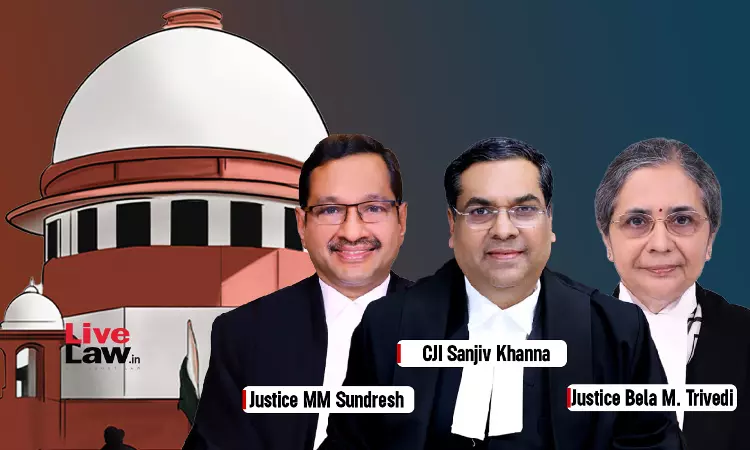BNSS/CrPC Provisions On Rights Of Arrested Persons Applicable To GST & Customs Acts : Supreme Court
Debby Jain
27 Feb 2025 10:48 AM IST

The Court also held that anticipatory bail provisions are applicable to GST and Customs Acts.
Next Story
27 Feb 2025 10:48 AM IST
